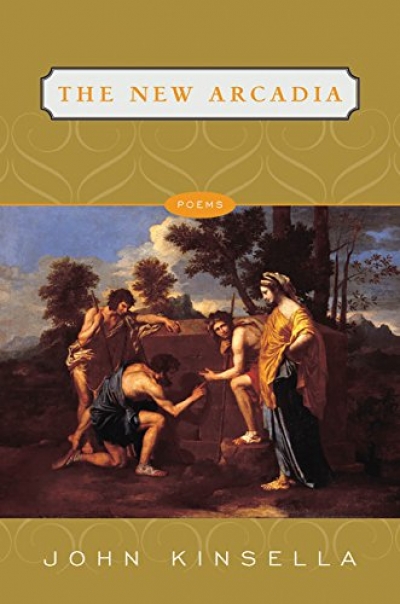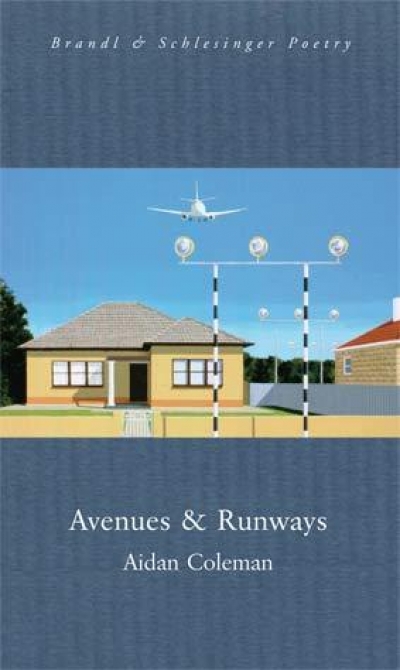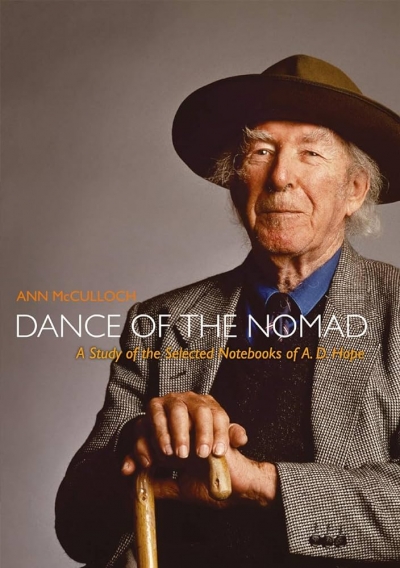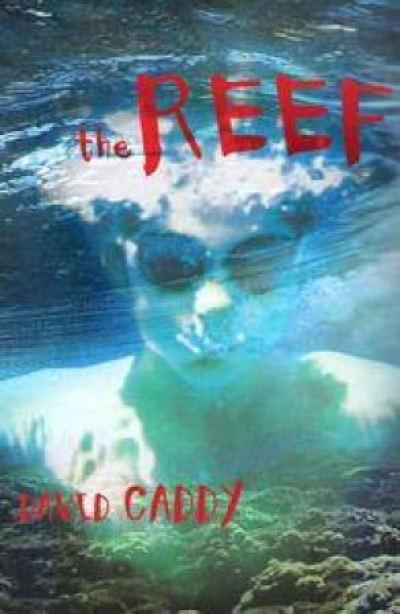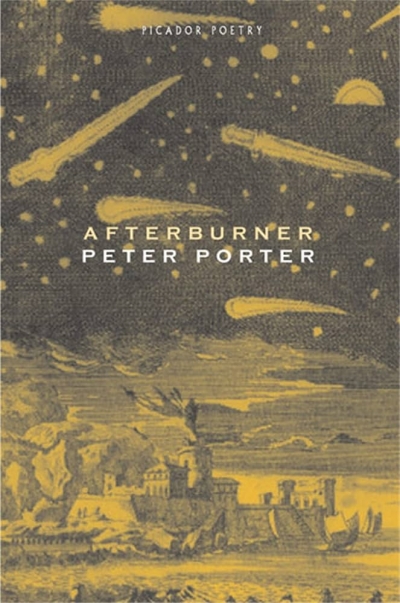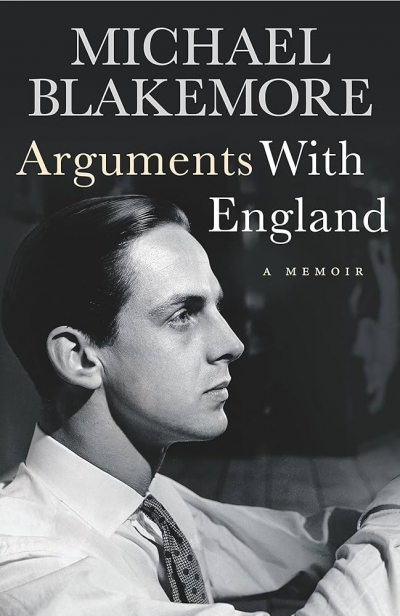Archive
The Commonwealth of Thieves: The Sydney experiment by Tom Keneally
My theme is the mixed and contentious business of reviewing: its influence, its limitations, its present condition in what we like to call our literary culture. I will largely confine my remarks to the literary pages of our newspapers and magazines. I don’t propose to comment on the learned journals – or criticism at monograph length issuing from the academy. (Not, sadly, that there is much of that kind of publishing in Australia these days.)
... (read more)Avenues & Runways by Aidan Coleman & Throwing Stones at the Sun by Cameron Lowe
Dance of the Nomad: A study of the selected notebooks of A.D. Hope by Ann McCulloch
These titles are aimed at a primary school readership, yet there’s a wide gap in both ability and life experience between the emerging readers at one end and the almost-teenagers at the other. Some novels successfully bridge that gap, but I’m not sure The Reef (FACP, $14.95 pb, 128 pp) is one of them, despite the publisher’s classification that this is ‘for children aged 8–12 years’. It is certainly an exciting story of suspected murder and missing silver coins, but consider some elements of the plot: Tom, the young protagonist, is menaced and harassed by two nasty out-of-towners who threaten him with death and so terrify him that he has nightmares; while swimming, he’s pursued and threatened with a speargun; later, he’s assaulted and kidnapped, a sack is tied over his head, and he’s taken out to sea and thrown overboard in the expectation that he’ll be battered to death on the reef.
... (read more)And the winners are ...
The judges of the 2004 ABR Reviewing Competition were gratified by the level of interest in this competition and by the overall standard of entries. We received almost 100 entries (a third of them from subscribers). Fiction and non-fiction were evenly divided; there were rather fewer children’s/young adult book reviews. To no one’s surprise, the most popular book was Helen Gamer’s Joe Cinque’s Consolation: A True Story of Death, Grief and the Law, followed by Shirley Hazzard’s The Great Fire and Peter Goldsworthy’s Three Dog Night. In the non-fiction category, the field was eclectic, from poetry to memoir to academic monograph. The judge had to hand it to Alan Whitehead of Blackheath NSW, who chose to review the 2005 Sydney and Blue Mountains Street Directory. Next time we look forward to his critique of the telephone directory.
... (read more)Arguments with England: A memoir by Michael Blakemore
Sherryl Clark
Dancing in My Nuddy-Pants (Scholastic), by Louise Rennison. With all the serious young adult books around everyone needs a dose of Georgia Nicolson’s confessions. Between the Sex God, the troublesome cat and life at school, Georgia’s diary is full of deep meaningosity – not! Life on a small farm in 1906 is beautifully portrayed in Jennifer Donnelly’s A Gathering Light (Bloomsbury). Mattie longs to be a writer, but it seems impossible when her father won’t even let her work at the Glenmore Hotel over summer. Everyone wants Mattie to do things their way and the strength of the story lies in her quiet persistence and honesty. Historical description creates a believable world without ‘teaching’. Dragonkeeper (black dog books), by Carole Wilkinson, deservedly won a CBC Award this year. Ping’s travels with a dragon follow the idea of the quest, but the setting and detail bring ancient China to life for readers of all ages.
... (read more)


